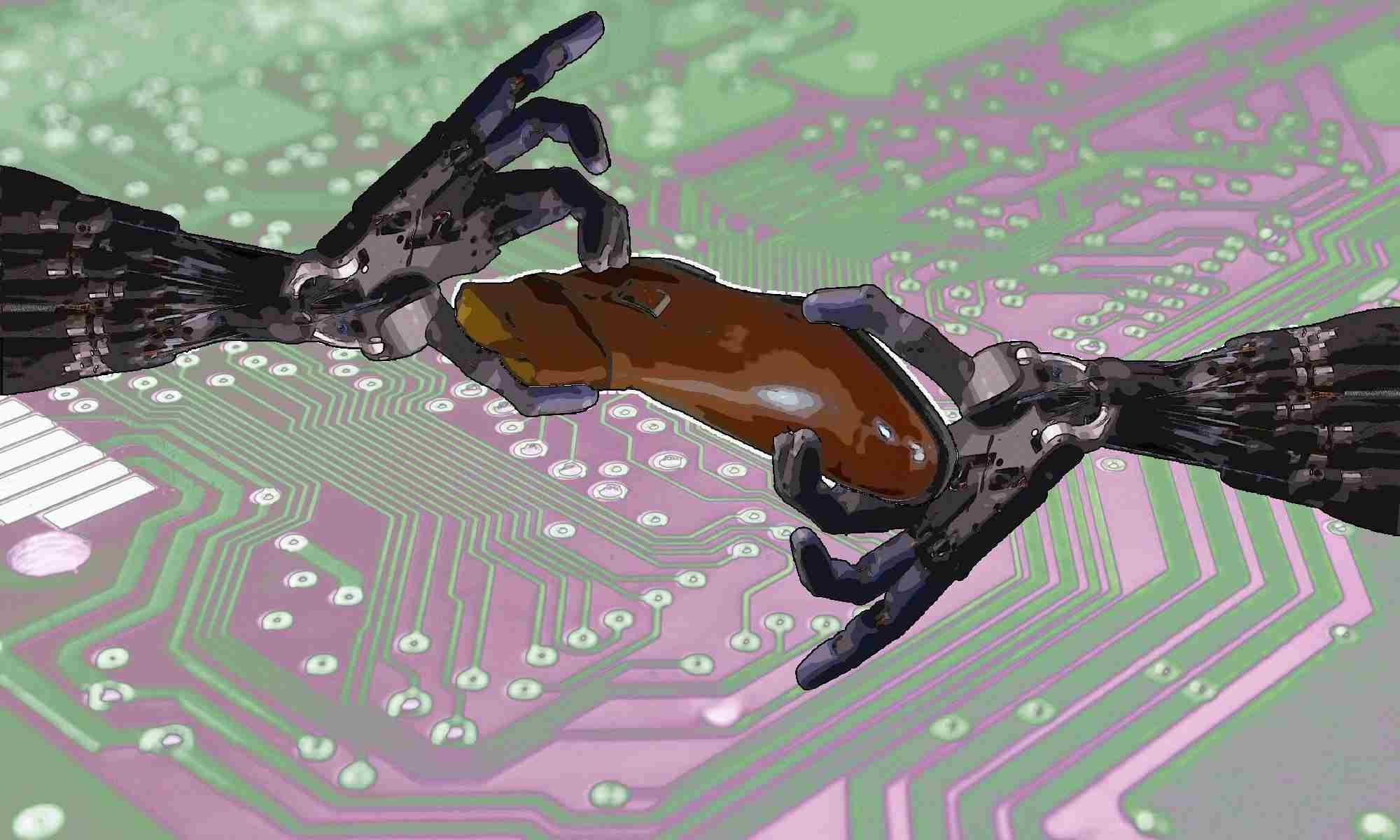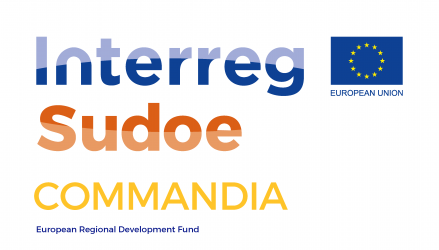What is COMMANDIA?
COMMANDIA is a project supported by the Interreg Sudoe Programme, which is financed by the European Regional Development Fund (ERDF). The name of the project COMMANDIA stands for Collaborative Robotic Mobile Manipulation of Deformable Objects in Industrial Applications.
The framework
There are many strategic industries that handle deformable products, such as food, clothing, toys or leather goods. The automation of the handling and processing of deformable products is an important technological challenge and, due to the variability of these products, these tasks are difficult to be automated. Today, no reliable robotic solution is offered to the industry.
Motivation
Many tasks involving deformable products are performed manually (for example, assembling the leather pieces of a shoe on the sole). In many cases, these tasks can cause ailments or injuries (for example, repetitive or non-ergonomic movements for the joints, or handling of very heavy objects). They can be uncomfortable (for example, cutting the meat in refrigerated environments and under unpleasant odors) and even risky (for example, manipulating knives, hot parts or toxic products such as glues or paints) for human operators.
The challenge
The required techniques for controlling the robotic system will have three main features:
- Context-awareness: The robot will be able to track the deformation of the product to be handled in real-time with enough precision in order to manipulate it dexterously.
- Multi-modality: Instead of using only one type of sensor as previous robotic systems, our control strategies will combine different sensors (vision, force-torque, tactile, proximity, etc.) in order to adjust the robot behavior to the changes in the environment in a more reactive way.
- Collaboration: The robot will not work alone. It will work with other robots in order to handle bigger objects, perform more complex tasks and collaborate with human operators.
The goals
The main goal of this project is to improve the competitiveness and work conditions of industries where deformable objects have to be manipulated directly by human operators in order to control their shapes during production.
This project proposes to develop and disseminate a set of new techniques and technologies in robotic perception, control and planning for dynamically handling deformable objects with a group of collaborative mobile manipulators. These new robotic functionalities will be applied in several industrial tasks identified by the industrial partners in the meat and footwear sectors.

